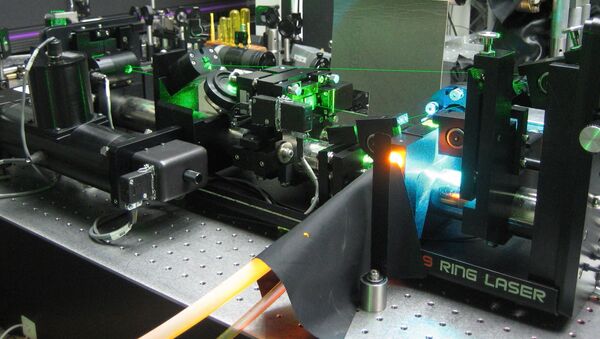The scientists say they have been able to reproduce in a lab the three building blocks of life: uracil, thymine, and cytosine. Researchers consider those three materials to be the key components of hereditary material.
Uracil, cytosine, and thymine are all three parts of a genetic code found in ribonucleic (RNA) and deoxyribonucleic acids (DNA). RNA and DNA are key to protein synthesis.
The scientists reproduced thymine, uracil, and cytosine in a lab environment and in conditions similar to that of outer space. They also exposed carbon and nitrogen molecules to extreme levels of radiation: the same kind you would find in space.
Meanwhile, Astronomers from the European Southern Observatory have found the presence of these building blocks on a young star hundreds of light years away from Earth. Discovered in the star system MWC 480, nearly 455 light years from Earth, the findings mark the first time that such a discovery has been made.
Just one million years old, the star is around twice the mass of the Sun, and is in the very early stages of development.
"From the study of exoplanets, we know the Solar System isn't unique in its number of planets or abundance of water," Karin Öbery of the Harvard-Smithsonian Center for Astrophysics told the magazine Gizmag. "Now we know we're not unique in organic chemistry. Once more, we have learned that we're not special. From a life in the universe point of view, this is great news."
While the origin of life on Earth remains a mystery, the building blocks of life are believed to have existed on Earth since its formation.






